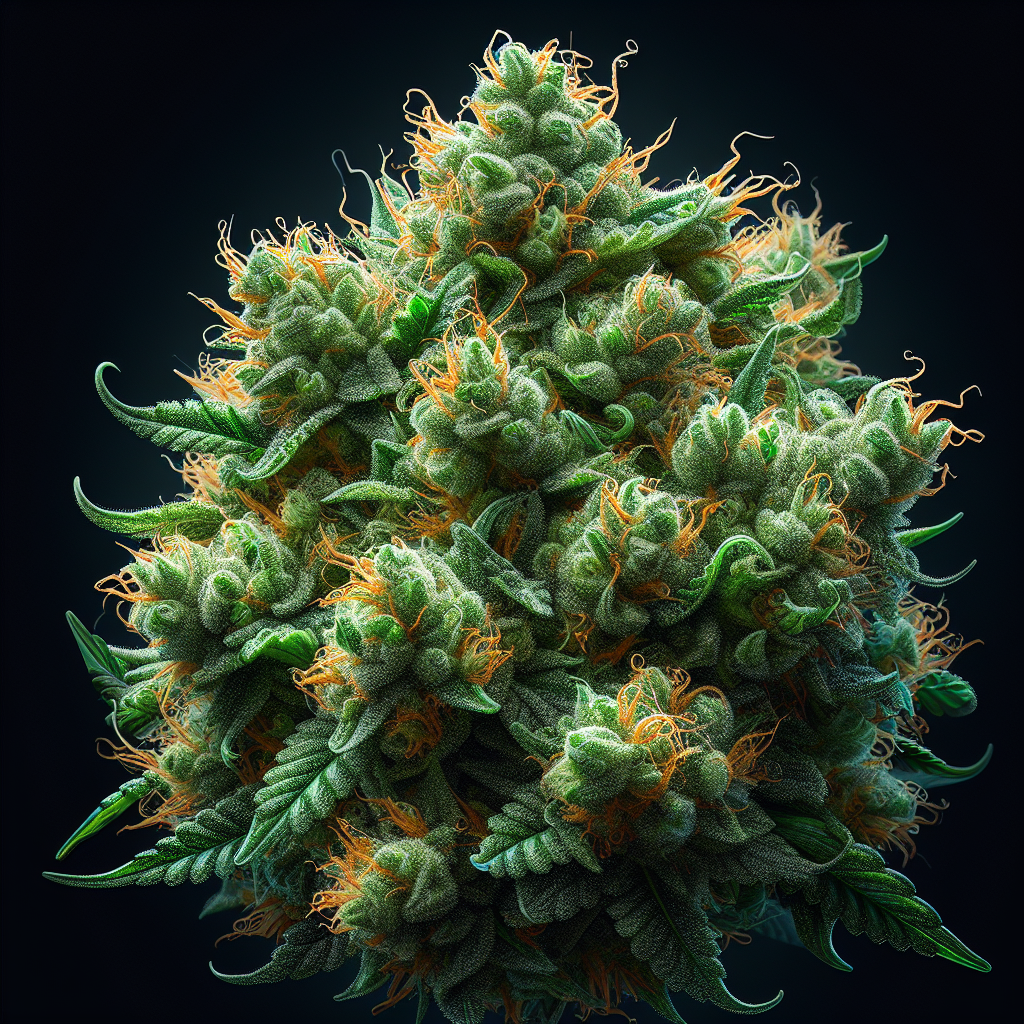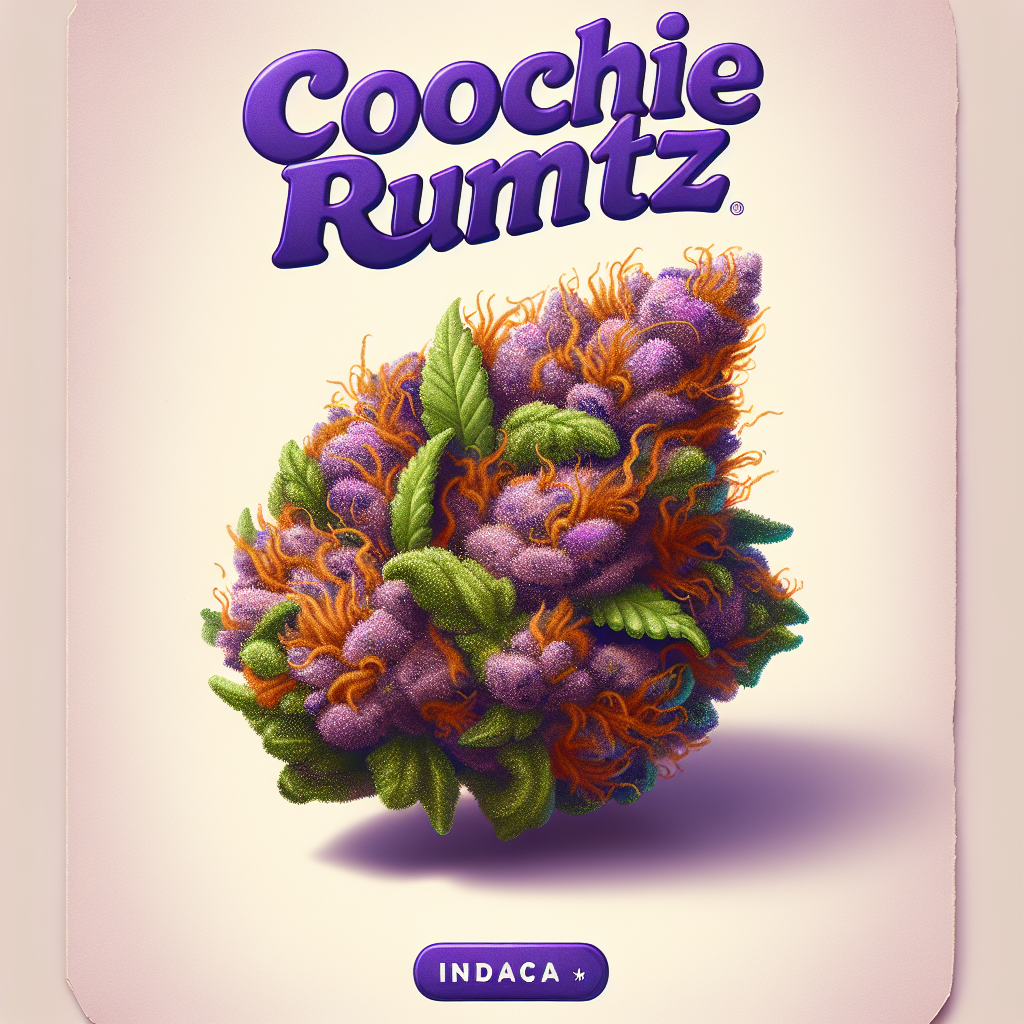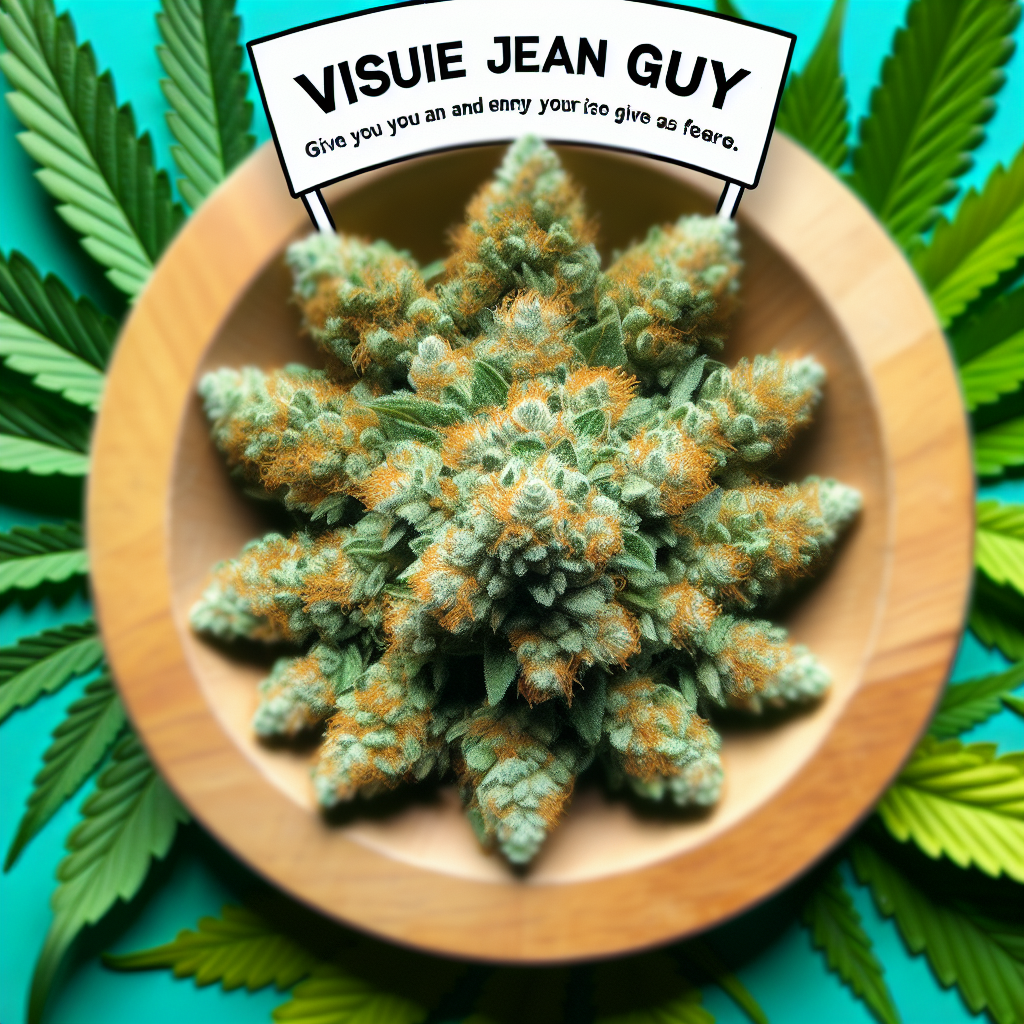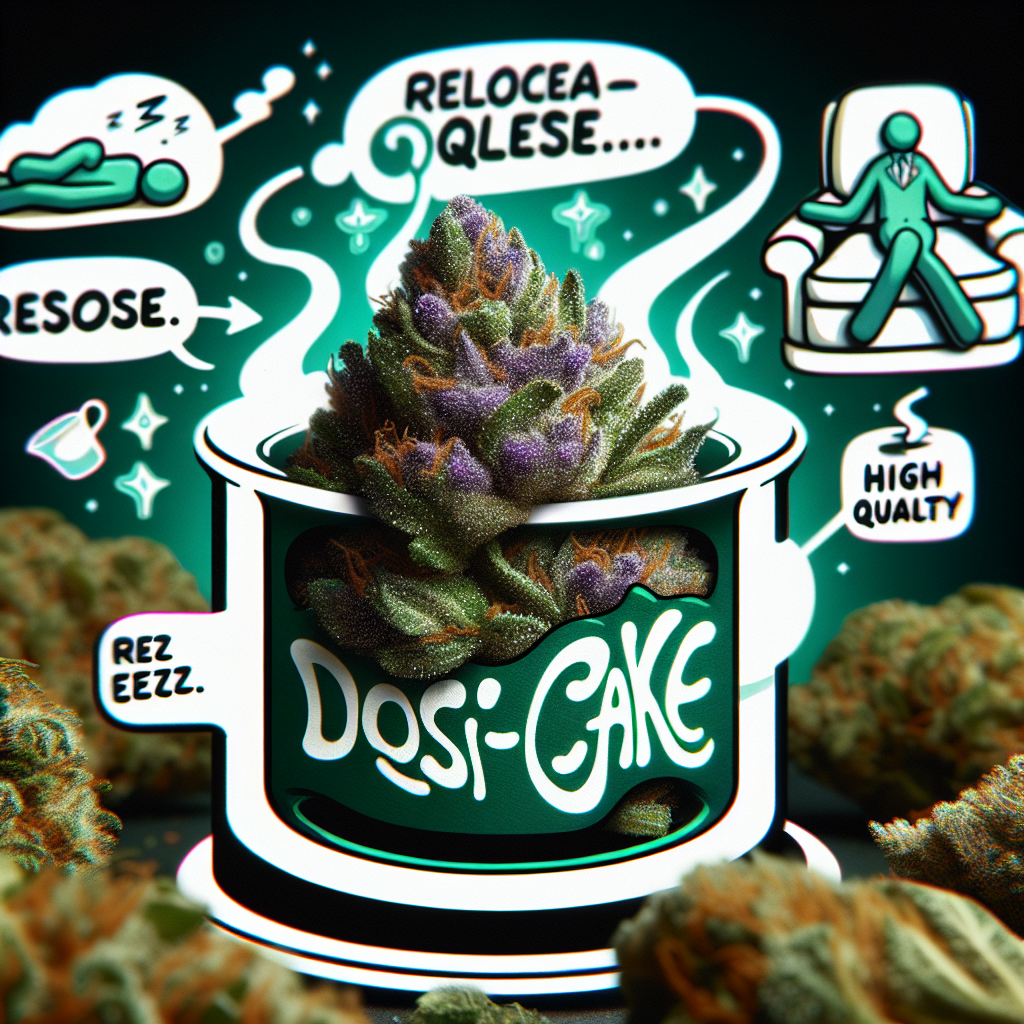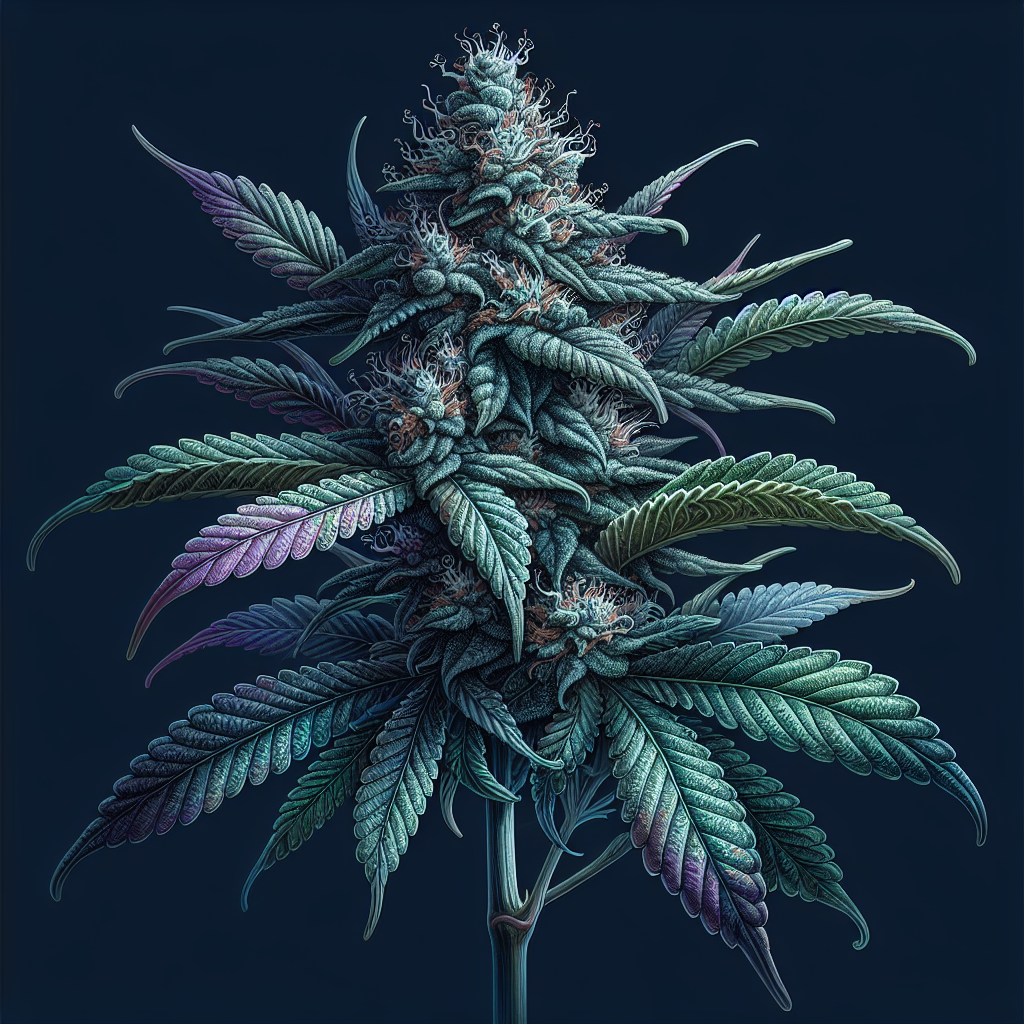Cannabis Myths Debunked: Separating Fact from Fiction
Cannabis has been a subject of fascination and controversy for centuries, often surrounded by myths and misconceptions. With the legalization of cannabis in various parts of the world, it’s more important than ever to separate fact from fiction. This comprehensive guide aims to debunk prevalent myths about cannabis and provide factual information to help readers better understand its uses, effects, and benefits.
Myth 1: Cannabis is a Gateway Drug
One of the most persistent myths about cannabis is that it serves as a "gateway drug," leading users to experiment with harder substances.
Fact:
Research shows no conclusive evidence that cannabis use leads to the use of other, more harmful drugs. The National Institute on Drug Abuse (NIDA) states that most cannabis users do not go on to use other illicit substances. Factors like social environment, genetics, and predisposition to addiction are far more influential in determining substance use patterns than cannabis consumption alone.
Myth 2: Cannabis Causes Memory Loss
Another widespread belief is that cannabis use leads to significant cognitive decline and memory loss.
Fact:
While some studies indicate that acute cannabis use may impair short-term memory temporarily, recent research suggests that these effects are reversible. The long-term impacts of cannabis on memory are still being explored, but many users report no lasting cognitive deficits. In fact, some studies show that cannabis can potentially aid memory and learning in certain applications, such as in treating PTSD.
Myth 3: Cannabis Has No Medical Benefits
Detractors often argue that cannabis lacks scientific backing for its alleged medical benefits.
Fact:
Numerous studies have demonstrated cannabis’s efficacy in treating various medical conditions. Cannabinoids, such as THC and CBD, have been shown to alleviate chronic pain, reduce inflammation, ease symptoms of multiple sclerosis, help manage anxiety and depression, and even reduce seizures in epilepsy patients. A growing body of clinical trials supports its use in palliative care, cancer treatment, and other serious health issues.
Myth 4: All Cannabis is the Same
The idea that all cannabis products are identical often leads to misunderstandings regarding its effects and suitability for individual needs.
Fact:
Cannabis comes in many strains and forms, each with distinct characteristics. Strains are classified primarily as indica, sativa, or hybrid, each affecting users differently due to varying levels of cannabinoids and terpenes. Indica strains tend to have relaxing effects, while sativa strains are generally more uplifting. Additionally, cannabis can come in oils, edibles, tinctures, and vaporizers, all offering unique consumption methods and effects.
Myth 5: Cannabis is Legal Everywhere
Contrary to popular belief, cannabis is not legal universally. Public perceptions have shifted in favor of legalization, but regional laws vary significantly.
Fact:
While many countries and U.S. states have legalized cannabis for medical or recreational use, it remains illegal in others. The United Nations World Drug Report indicates that cannabis laws vary widely across the globe. It’s essential to understand the legality of cannabis in your area, particularly for travel and usage.
Myth 6: CBD Doesn’t Get You High
A common misconception is that all cannabis-derived products, especially CBD, do not create psychoactive effects.
Fact:
CBD (cannabidiol) is a non-psychoactive component of cannabis, meaning it doesn’t produce the “high” associated with THC (tetrahydrocannabinol). However, some CBD products may contain trace amounts of THC, especially those derived from full-spectrum cannabis. While these trace amounts are generally not sufficient to induce intoxication, they may contribute to the overall therapeutic effects of the product. Always read product labels to understand cannabinoid content.
Myth 7: Cannabis is Addictive
Many fear cannabis is addictive, equating its use with other harder substances.
Fact:
While it’s true that cannabis can lead to dependency in some users (the risk is estimated at around 9%), it is less addictive than substances like alcohol, nicotine, and opioids. The addiction potential varies from person to person, influenced by factors such as genetics, mental health, and life circumstances.
Myth 8: You Can Overdose on Cannabis
Fear of overdose is a common concern among new users and those considering cannabis use.
Fact:
While excessive consumption of cannabis can lead to uncomfortable experiences, such as anxiety, panic attacks, or heightened paranoia, it is virtually impossible to overdose on cannabis in the same way as other drugs. The CDC and various health organizations confirm that cannabis has a significantly high threshold for doses, making fatal overdose exceedingly rare.
Myth 9: Cannabis is a Safe Substitute for Prescription Medications
With the rising popularity of using cannabis for medical purposes, some may think it’s a straightforward replacement for prescription medications.
Fact:
While cannabis can effectively treat certain medical conditions and offer relief, it is not a cure-all or a universal substitute for prescription medications. It’s essential to consult healthcare professionals before transitioning to cannabis, especially for serious conditions like cancer or epilepsy. The interaction between cannabis and various medications needs careful consideration to avoid complications.
Myth 10: All Cannabis is Bad for Your Lungs
Critics often argue that smoking cannabis is as harmful as smoking tobacco.
Fact:
Though inhaling any type of smoke can be harmful to lung health, research indicates that cannabis may not produce the same harmful effects as tobacco. Some studies even suggest that occasional cannabis use may not lead to significant respiratory issues, especially compared to regular tobacco use. However, vaping products and edibles offer alternative consumption methods that mitigate potential lung harm.
The Role of Education and Responsible Use
Understanding the facts about cannabis is crucial in cultivating responsible use. Education is key to dispelling myths and fostering informed conversations. As public perception shifts towards the acceptance of cannabis, the importance of providing accurate information cannot be overstated.
The Future of Cannabis Research
As the stigma surrounding cannabis begins to fade, increased scientific research will play a vital role in uncovering the plant’s true potential. Ongoing studies aim to explore the medicinal properties, possible side effects, and the effects of legalization on public health.
Understanding cannabis is a dynamic journey, and as more research emerges, the previously held beliefs may change, allowing for a more nuanced understanding of this complex plant.
FAQ Roundup
1. Is cannabis legal everywhere?
No, cannabis legality varies by country and region. Some places have fully legalized it for recreational and medicinal use, while others maintain strict prohibitions.
2. Can you get addicted to cannabis?
While some individuals can develop a dependency on cannabis, research indicates that it is significantly less addictive than substances like alcohol and nicotine.
3. Does cannabis affect memory?
Cannabis may temporarily impair short-term memory during use, but research suggests that these effects are typically reversible.
4. Is all cannabis the same?
No, cannabis comes in various strains and forms, each with different effects and chemical compositions.
5. Can cannabis treat medical conditions?
Research indicates that cannabis can effectively treat several conditions, including chronic pain, anxiety, epilepsy, and more. It’s essential to consult a healthcare provider for appropriate guidance.
6. Can you overdose on cannabis?
While excessive consumption can lead to uncomfortable experiences, a fatal overdose from cannabis is exceedingly rare.
7. What’s the difference between THC and CBD?
THC is the psychoactive compound in cannabis that produces a "high," while CBD is non-psychoactive and is primarily associated with medicinal benefits.
8. Does smoking cannabis harm your lungs?
Inhaling any type of smoke can be harmful, but studies suggest that cannabis may not produce the same lung damage as tobacco. Alternative consumption methods are available that do not involve smoking.
9. Is CBD safe to use?
CBD is generally considered safe for most people but can interact with other medications. Always consult a healthcare professional before starting CBD.
10. How can I educate myself further on cannabis?
Consider exploring peer-reviewed studies, listening to expert talks, attending cannabis education seminars, or consulting health professionals knowledgeable about cannabis.
Understanding cannabis and its implications empowers consumers to make informed decisions. By debunking common myths, we can pave the way for a more enlightened discussion about this multifaceted plant.
